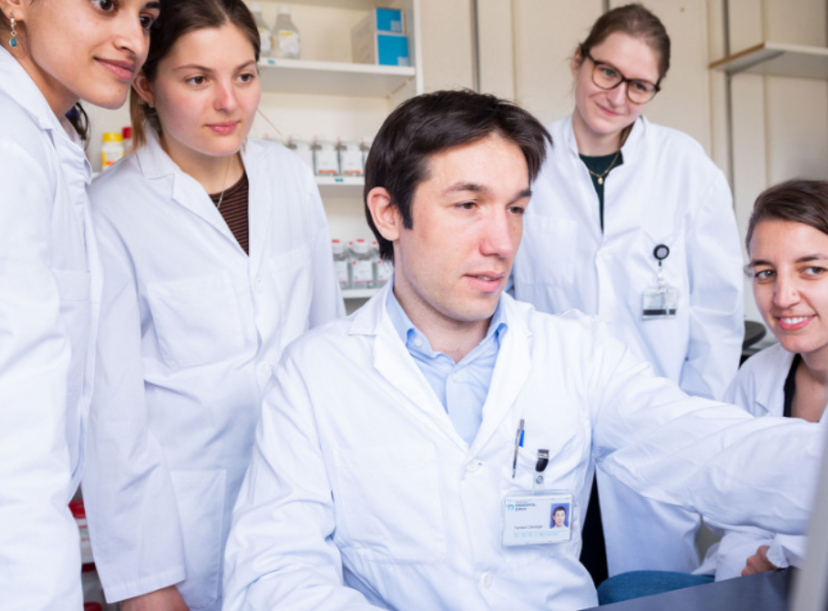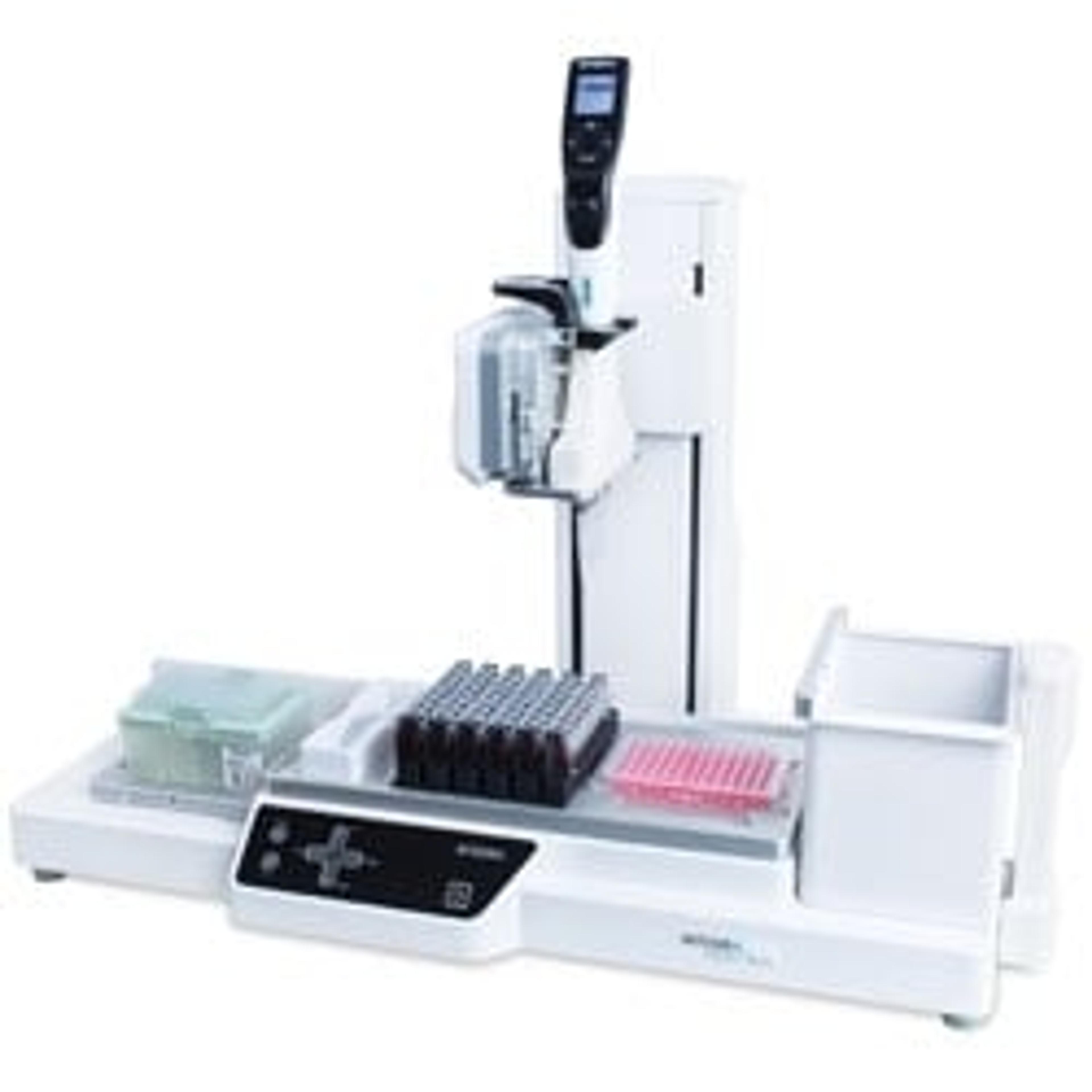Accelerating pediatric cancer research with INTEGRA Biosciences’ pipetting solutions
Semi-automated cell seeding with ASSIST PLUS supports development of novel chemotherapies
24 Jul 2024
Dr Raphael Morscher, head of the oncology research group, and his team at University Children’s Hospital Zurich.
Scientists at the University Children’s Hospital Zurich are using the ASSIST PLUS pipetting robot from INTEGRA Biosciences to semi-automate and streamline their cell seeding tasks. These cells are used to understand pediatric cancer metabolism and support the development of novel chemotherapies for children and adolescents.
The University Children’s Hospital Zurich is the largest center for pediatrics and pediatric surgery in Switzerland, and one of the leading children’s hospitals worldwide. The oncology research group at the hospital studies pediatric cancer metabolism at a cellular and whole organism level, focusing on identifying mutation-induced metabolic vulnerabilities to target with novel treatment strategies for enhanced patient outcome and reduced genotoxicity.
The team has been using the ASSIST PLUS pipetting robot since 2022 for seeding cells extracted from the hospital’s clinical samples into 96 well plates. These cells are then used in drug screening, survival assays and live cell staining.
Dr Raphael Morscher, head of the oncology research group, explained the rationale behind this acquisition, “In the past, we seeded cells entirely by hand, which led to manual errors and greatly limited the lab’s productivity and throughput. Semi-automation with the ASSIST PLUS from INTEGRA Biosciences has enabled us to increase throughput by up to 50 percent, as well as noticeably reducing the variability between samples and plates through consistent liquid dispensing, giving us more reliable and repeatable results. The ASSIST PLUS will help us to accelerate our crucial research into highly effective treatments for pediatric cancers in the coming years.”
Want the latest science news straight to your inbox? Become a SelectScience member for free today>>

